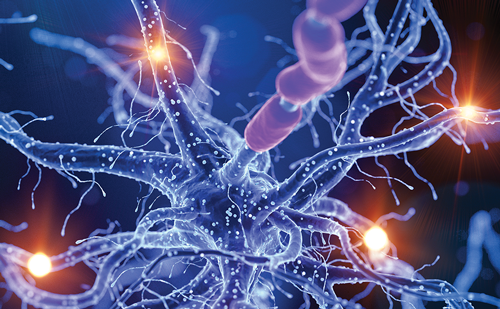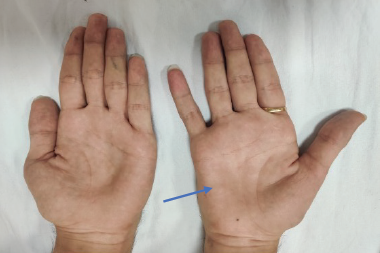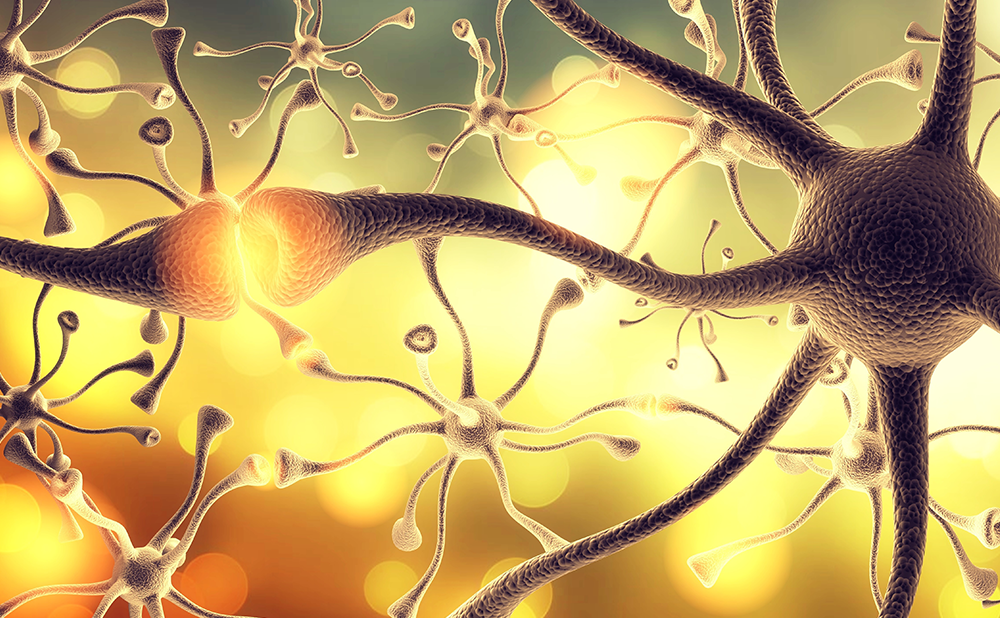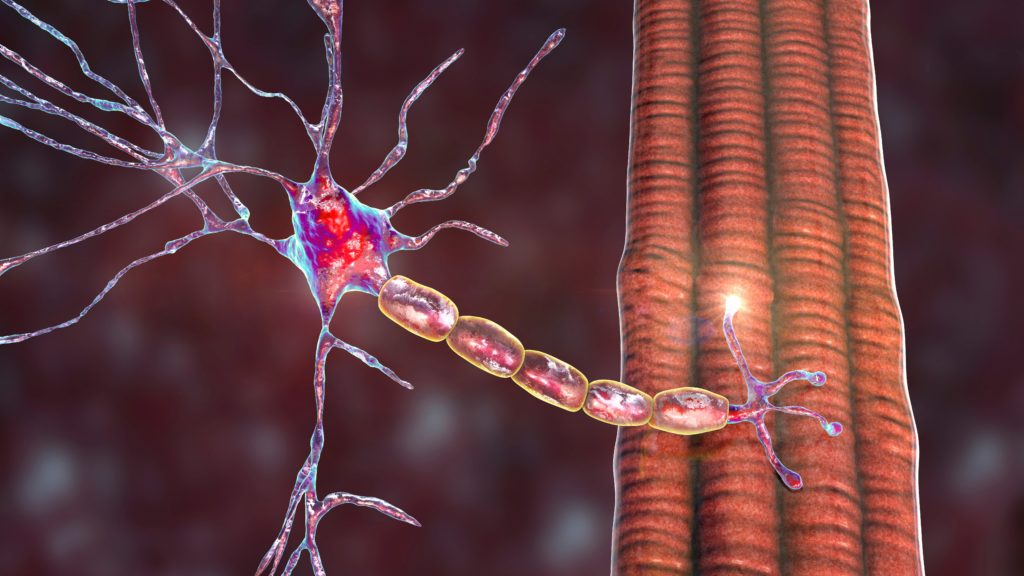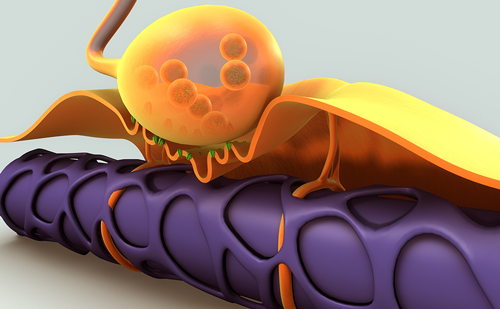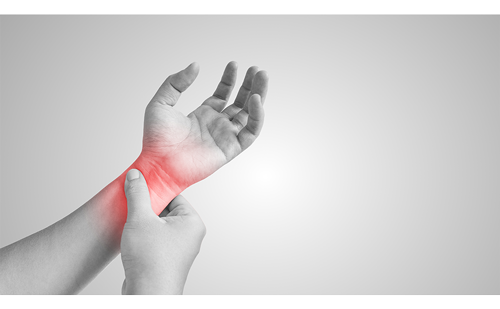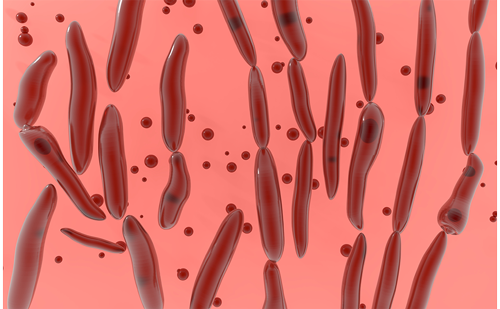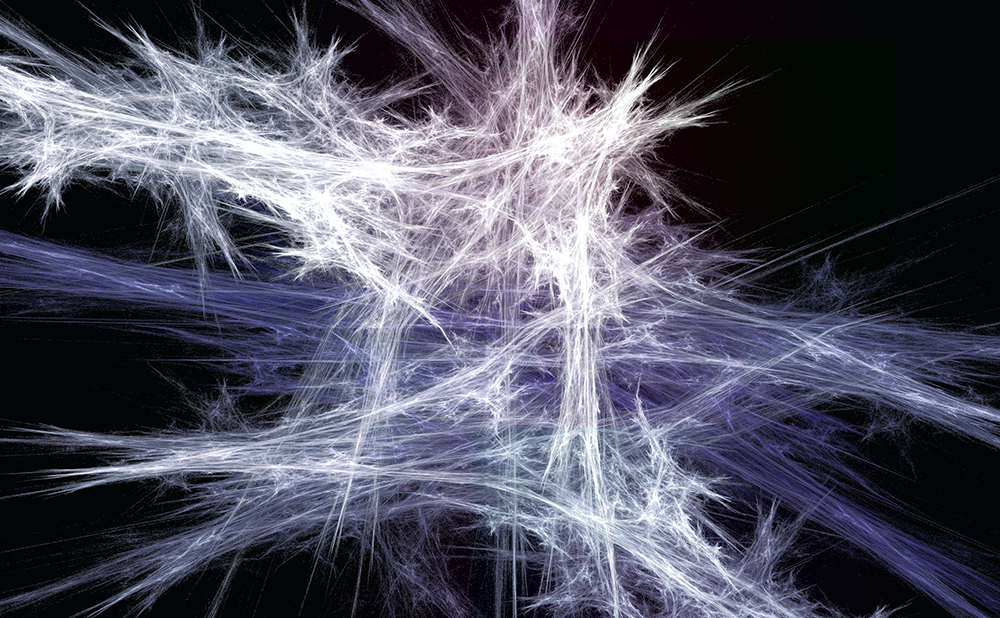Welcome to our new issue of touchREVIEWS in Neurology. This journal aims to review a wide range of topical subjects in the field of neurology. Articles have been chosen for their evaluation of current practices and research, and their discussion of future innovations that directly affect neurologists and other practitioners involved in the care of patients with neurological illness.
We begin with an expert interview with Litza Kirapoulos, discussing the ACTION-MS study, evaluating a tailored cognitive behavioural therapy (CBT) intervention in individuals with depression and newly diagnosed multiple sclerosis.
The first of our review articles is by Jeffrey Cummings, reviewing the clinical development of lecanemab, an amyloid-targeting monoclonal antibody which selectively binds to amyloid-beta protofibrils, a potential treatment for Alzheimer’s Disease.
Our attention next shifts to migraine treatment. While research has focused on many aspects of managing migraine, there remains a need to stop an attack once it has begun. Stephanie Nahas considers the current and future role of zolmitriptan in treating migraine attacks. Next, Catherine Arnold reviews potential mechanisms, standard initial evaluation practices and recommends additional evaluations to better identify stroke mechanisms.
Postpartum depression is a common and important mental health issue, but conventional antidepressants have a delayed onset of action, an important consideration in the postpartum period when maternal–infant bonding is crucial. Saripalli et al. review the potential clinical utility of gamma aminobutyric acid A receptor positive allosteric modulators in this indication. Following this, Bernd Schwahn presents an overview of fosdenopterin, a first-in-class synthetic cyclic pyranopterin monophosphate that offers a novel treatment approach for molybdenum cofactor deficiency, an extremely rare genetic disease.
Our final two review articles are on the subject of Parkinson’s disease (PD), an active area of neurological research with 11 new medications being approved since 2014. Rebecca Gilbert reviews these new treatment options and their optimal use. In addition, Sweta Bhoopatiraju, and George Grossberg review the often-overlooked issues of depression and psychosis in patients with PD, and consider their screening, diagnosis and treatment approaches.
We conclude with an interesting case report by Wilkins and Cooper on cluster headaches that were alleviated by the use of lightweight spectacles with precision tints.
touchREVIEWS in Neurology would like to thank our contributors and reviewers for providing us with insightful and informative review articles. We are also grateful to all organisations and media partners for their ongoing support and the members of our editorial board for their continued involvement and advice.
Said R Beydoun
Said R Beydoun, MD, FAAN, is Professor and Division Chief for Neuromuscular Medicine in the Department of Neurology at Keck School of Medicine, University of Southern California (USC). He is Program Director of the Clinical Neurophysiology Fellowship. As a principal investigator, Dr Beydoun has participated in multiple research clinical trials. His clinical and research areas of expertise in the field of neuromuscular medicine include amyotrophic lateral sclerosis (ALS), myasthenia gravis, peripheral neuropathy (including chronic inflammatory demyelinating polyneuropathy), multifocal motor neuropathy and transthyretin-related amyloid neuropathy. He has published in several scientific journals on topics related to neuromuscular diseases and he is co-Editor-in-Chief of touchREVIEWS in Neurology. He is an elected fellow of the American Academy of Neurology and a fellow of the American Association of Neuromuscular and Electrodiagnostic Medicine; a member of the medical/scientific advisory board of the Myasthenia Gravis Foundation of America; Medical Director of the Certified ALS Treatment Center of Excellence at Keck USC; and holds board certification by the American Board of Psychiatry and Neurology in neurology, clinical neurophysiology, neuromuscular medicine and pain medicine.
Cris S Constantinescu
Cris Constantinescu is Attending Neurologist at Cooper University Hospital, Cooper Neurological Institute, and Emeritus Professor of Neurology in the Academic Unit of Mental Health and Clinical Neurosciences at the University of Nottingham, UK. He graduated with an MD from Boston University School of Medicine in 1988. As recipient of the physician-scientist award from the National Institutes of Health, USA, he completed a PhD in immunology at the University of Pennsylvania in 1998. He has completed an internship and a residency in neurology and fellowships in neuroimmunology and neurorehabilitation. He was appointed honorary consultant neurologist and senior lecturer in neurology at the University of Nottingham in 2000–2001. In 2004, he was appointed Professor of Neurology and Chair in Neurology at the University of Nottingham. He has authored or co-authored over 170 articles in international journals. His research interests are immune regulation in inflammatory diseases of the nervous system, in particular multiple sclerosis (MS) and its models, imaging in MS, clinical trials and epidemiology. He runs a large, busy MS clinic, together with seven other clinical neurologists in Nottingham. He is the clinical lead for neurological diseases in the East Midlands Clinical Research Network.



